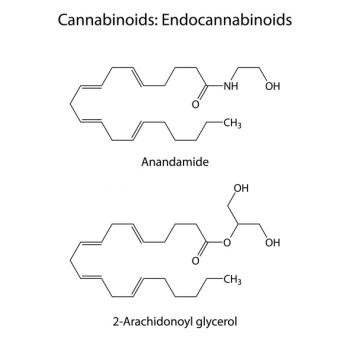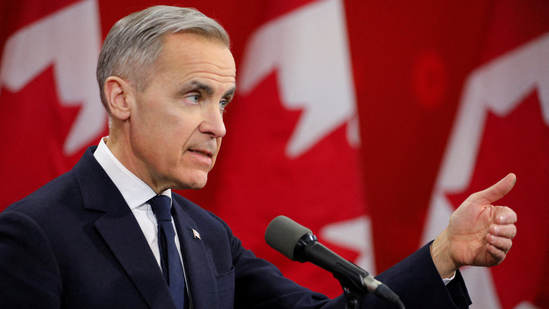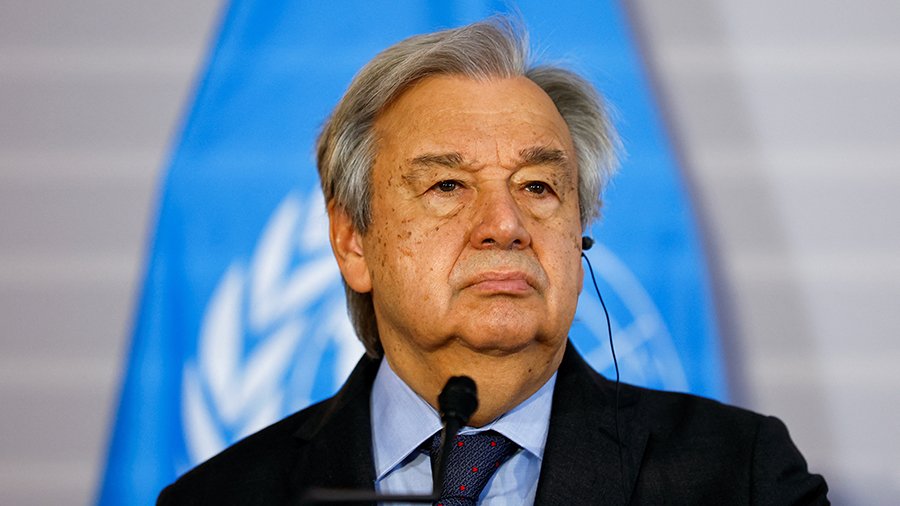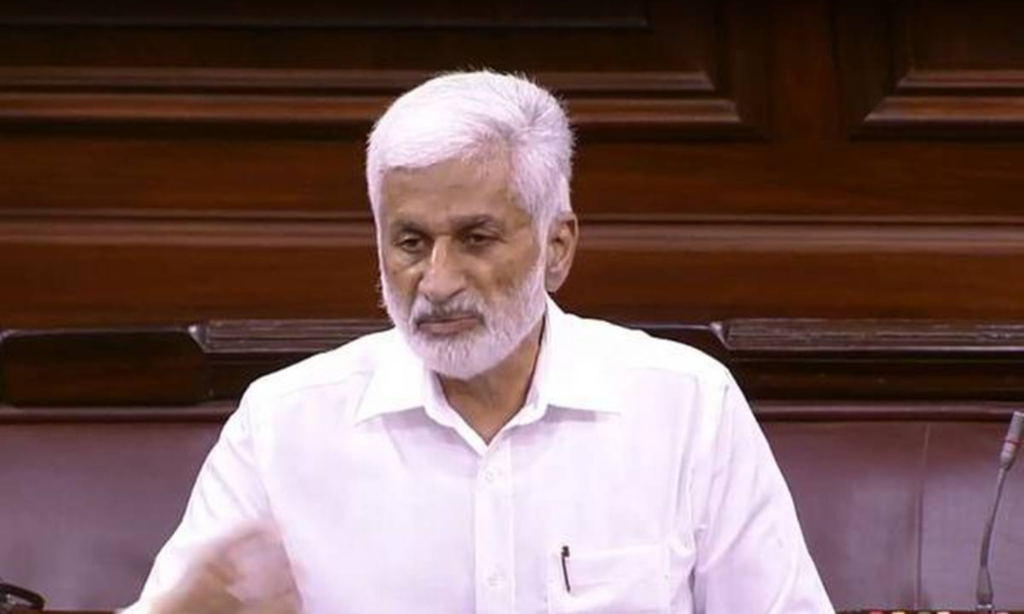Natural cannabinoid found to play key role in anxiety
Tue 04 Apr 2017, 12:17:57

More than 40 million U.S. adults (or 18 percent of the entire population) live with anxiety disorders, including clinical depression, panic disorders, phobias, and post-traumatic stress disorder (PTSD).
Generalized anxiety disorder affects almost 7 million of these adults, and another 7.7 million are estimated to be affected by PTSD.
Anxiety is usually caused by a variety of factors, which can include genes, family history, personal circumstances, and life events, as well as chemical imbalances in the brain.
A new study - published in the journal Nature Communications - investigates these mental disorders from a neurobiological perspective. Specifically, by using a mouse model, researchers from the Vanderbilt University Medical Center in Nashville, TN, examined the brain's adaptability to stress and found a naturally occurring chemical that may play a key role in the development of PTSD and depression.
The corresponding author of the study is Dr. Sachin Patel, director of the Division of Addiction Psychiatry and James G. Blakemore Professor of Psychiatry at Vanderbilt University.
Starting off from the premise that stress is a major exacerbating factor in the development of depression and PTSD, Patel and colleagues set out to investigate the neurochemicals involved in stress resilience - namely, the brain's ability to adapt to the negative effects of stress.
Endocannabinoids are part of the so-called endogenous cannabinoid (or endocannabinoid) system, which consists of endocannabinoids and their receptors. The system is present throughout the human body, and it helps to regulate crucial aspects of our health, such as our immune and nervous systems.
Endocannabinoids are lipids that act as a kind of a neurotransmitter. Mainly, they activate the CB1 and CB2 brain receptors. CB1 can be found in several brain areas, including the neocortex, the
hippocampus, the amygdala, the cerebellum, and the hypothalamus. These brain areas are known to be involved in emotional and behavioral reactions, homeostasis, learning, memory, and decision-making.
Patel has previously researched the role of endocannabinoid brain receptors and singled out the CB1 receptor as playing a key role in anxiety. Patel and his team located CB1 receptors in the brain's amygdala and found that if this receptor is blocked or the gene that encodes it is deleted, anxiety increases.
Additionally, in a separate study, Patel and colleagues demonstrated that the endocannabinoid 2-arachidonoylglycerol (2-AG) also has a critical role in regulating emotional behavior. Using a mouse model, they showed that mice that had a lower quantity of 2-AG were more likely to behave in a way that suggests anxiety and depression, whereas an increased level of the chemical had the opposite effect.
In this latest study, Patel and team tested the effects of increasing and decreasing the supply of the endocannabinoid 2-AG on the mice's stress resilience.
The researchers found that augmenting the supply of 2-AG correlates with a stress-resilient phenotype and increases stress resilience in mice that were previously vulnerable to stress. By contrast, depriving them of the chemical, or blocking its receptors, made the mice that were previously stress-resilient more susceptible to stress.
Additionally, the depletion of 2-AG specifically in the amygdala was shown to hinder the process of adapting to repeated stress.
The researchers also found that a low dose of tetrahydrocannabinol - the active compound in cannabis - promoted stress resilience and reduced anxiety-like symptoms in mice that were previously vulnerable to stress.
However, the use of cannabis in treating anxiety disorders may have adverse effects, such as addiction and cognitive impairment.
Generalized anxiety disorder affects almost 7 million of these adults, and another 7.7 million are estimated to be affected by PTSD.
Anxiety is usually caused by a variety of factors, which can include genes, family history, personal circumstances, and life events, as well as chemical imbalances in the brain.
A new study - published in the journal Nature Communications - investigates these mental disorders from a neurobiological perspective. Specifically, by using a mouse model, researchers from the Vanderbilt University Medical Center in Nashville, TN, examined the brain's adaptability to stress and found a naturally occurring chemical that may play a key role in the development of PTSD and depression.
The corresponding author of the study is Dr. Sachin Patel, director of the Division of Addiction Psychiatry and James G. Blakemore Professor of Psychiatry at Vanderbilt University.
Starting off from the premise that stress is a major exacerbating factor in the development of depression and PTSD, Patel and colleagues set out to investigate the neurochemicals involved in stress resilience - namely, the brain's ability to adapt to the negative effects of stress.
Endocannabinoids are part of the so-called endogenous cannabinoid (or endocannabinoid) system, which consists of endocannabinoids and their receptors. The system is present throughout the human body, and it helps to regulate crucial aspects of our health, such as our immune and nervous systems.
Endocannabinoids are lipids that act as a kind of a neurotransmitter. Mainly, they activate the CB1 and CB2 brain receptors. CB1 can be found in several brain areas, including the neocortex, the
hippocampus, the amygdala, the cerebellum, and the hypothalamus. These brain areas are known to be involved in emotional and behavioral reactions, homeostasis, learning, memory, and decision-making.
Patel has previously researched the role of endocannabinoid brain receptors and singled out the CB1 receptor as playing a key role in anxiety. Patel and his team located CB1 receptors in the brain's amygdala and found that if this receptor is blocked or the gene that encodes it is deleted, anxiety increases.
Additionally, in a separate study, Patel and colleagues demonstrated that the endocannabinoid 2-arachidonoylglycerol (2-AG) also has a critical role in regulating emotional behavior. Using a mouse model, they showed that mice that had a lower quantity of 2-AG were more likely to behave in a way that suggests anxiety and depression, whereas an increased level of the chemical had the opposite effect.
In this latest study, Patel and team tested the effects of increasing and decreasing the supply of the endocannabinoid 2-AG on the mice's stress resilience.
The researchers found that augmenting the supply of 2-AG correlates with a stress-resilient phenotype and increases stress resilience in mice that were previously vulnerable to stress. By contrast, depriving them of the chemical, or blocking its receptors, made the mice that were previously stress-resilient more susceptible to stress.
Additionally, the depletion of 2-AG specifically in the amygdala was shown to hinder the process of adapting to repeated stress.
The researchers also found that a low dose of tetrahydrocannabinol - the active compound in cannabis - promoted stress resilience and reduced anxiety-like symptoms in mice that were previously vulnerable to stress.
However, the use of cannabis in treating anxiety disorders may have adverse effects, such as addiction and cognitive impairment.
No Comments For This Post, Be first to write a Comment.
Most viewed from International
Most viewed from World
AIMIM News
Delhi Assembly polls: Owaisi leads Padyatra in Okhla
Feb 01, 2025
We reject this Waqf Amendment Bill: Asaduddin Owaisi
Jan 30, 2025
Latest Urdu News
Most Viewed
May 26, 2020
Do you think Canada-India relations will improve under New PM Mark Carney?
Latest Videos View All
Like Us
Home
About Us
Advertise With Us
All Polls
Epaper Archives
Privacy Policy
Contact Us
Download Etemaad App
© 2025 Etemaad Daily News, All Rights Reserved.

.jpg)
.jpg)
.jpg)






.jpg)
.jpg)

.jpg)
.jpg)
.jpg)
.jpg)
.jpg)
























